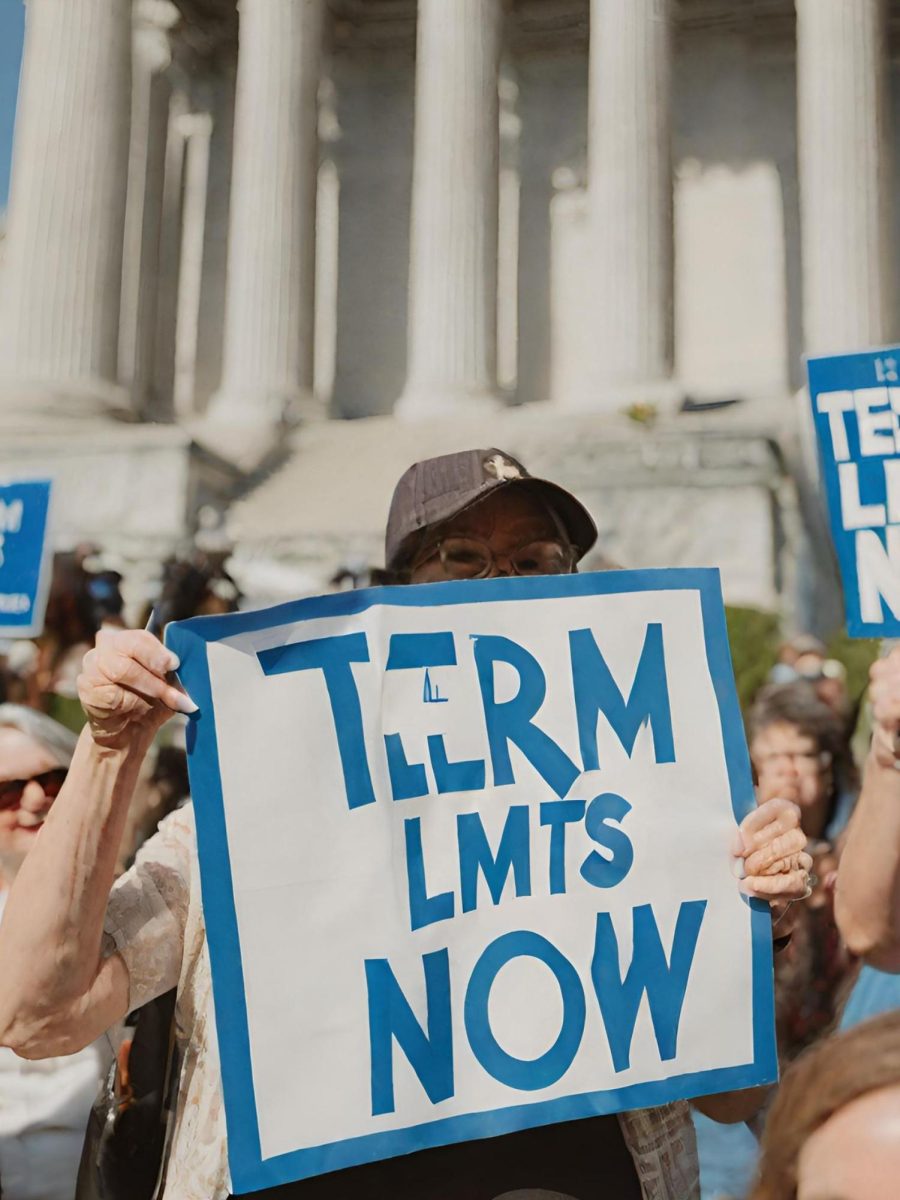The integrity of the United States Supreme Court is under scrutiny, more now than ever, casting a long shadow over its role as the pinnacle of judicial fairness and impartiality in the land. Recent controversies surrounding Justices Clarence Thomas and Amy Coney Barrett have only fueled my concerns. Thomas’s alleged entanglements with accepting bribes and Barrett’s lack of understanding of the First Amendment, coupled with her vote in overturning Roe v Wade- a landmark decision that had protected a woman’s right to choose for nearly half a century- serve as reminders that the Supreme Court is not immune to bias, nor is it beyond reproach. These instances underscore a troubling trend: the Court is increasingly perceived as a political entity, swayed by ideological leanings rather than the unbiased interpretation of the law.
At the heart of this issue is the process by which Supreme Court justices are selected. Gone are the days when a nominee’s legal and ethical standing were the sole criteria for their appointment. Instead, Presidents now seem to prioritize ideological alignment, selecting justices who they believe will further their political agenda.
This shift towards politicization is captured by AP Government teacher Pankaj Sharma.
“The Supreme Court having term limits is an interesting idea and would require a constitutional amendment, making it very difficult to achieve,” Sharma said. “The process of choosing a Supreme Court justice clearly appears much more politicized to voters today than it would have a few decades ago.”
The process of choosing a Supreme Court justice clearly appears much more politicized to voters today than it would have a few decades ago.
— Pankaj Sharma, AP Government teacher
Sharma’s observation highlights a growing disillusionment with the Court, as its decisions are increasingly viewed through a partisan lens, eroding public trust and respect for the institution.
The repercussions of this politicization are profound. In my view, the Court is not merely straying from its path of impartiality; it is actively working backwards, systematically dismantling rights that citizens once believed were secure. The Court’s decision to overturn Roe v Wade is an example of this regression, stripping away a fundamental right to abortion and the right to choose while also signaling an alarming willingness to revisit and potentially dismantle other established precedents. The irony of Clarence Thomas, who is in an interracial marriage, hinting at revisiting rulings on matters as fundamental as interracial marriage itself, is beyond ludicrous.
Moreover, the Court’s decision to strike down affirmative action further demonstrates this polarizing image, showcasing a disconcerting trend toward retracting rights rather than safeguarding and expanding them. This shift undermines the Court’s role as a defender of constitutional freedoms and it signals a dangerous erosion of civil liberties. It is as if the Supreme Court is not just stepping back from its duty to protect and interpret the Constitution, but it is also actively participating in the erosion of the rights and freedoms it is supposed to uphold. This regression is not only disheartening but fundamentally alters the landscape of American rights and freedoms, moving us away from equality towards a more restrictive society.
Historically, the Supreme Court has faced periods of disharmony, but the current climate is charged. During the Obama and Trump presidencies, the nomination and confirmation processes for justices became battlegrounds of ideological warfare, revealing partisan divides. These events have only further cemented the perception of the Court as an extension of political parties rather than an independent branch of government.
The call for instituting term limits on the nine Supreme Court Justices is gaining momentum as a potential solution to this crisis. While such a change would indeed require a constitutional amendment– a formidable challenge– it may be necessary to restore the Court’s stature as an impartial judge of justice. Term limits could mitigate the impact of any president’s appointments, ensure a regular infusion of new perspectives, and, most importantly, diminish the incentive for justices to align too closely with the ideologies of the presidents who appointed them.
The evidence of bias and partisanship within the Supreme Court underscores the need for structural reform. In my view, instituting term limits for justices is not just a possible solution; it is a necessary one. By adopting a system where justices serve for two terms of ten years each, it could create a more dynamic, responsive, and ultimately fair judiciary. This approach allows justices ample time– twenty years– to influence the Court’s direction, while preventing any single justice from exerting undue influence over the American legal landscape for decades.
As for the position of Chief Justice, allowing them to serve for life could preserve continuity and institutional memory within the court. Implementing term limits in this manner would be a significant step toward restoring the Supreme Court’s role as an impartial guardian of justice, one that is respected and trusted by the public it serves.
It is time for serious consideration of reforms, including the possibility of term limits, to ensure that the Supreme Court can reclaim its position as an unbiased and respected guardian of the United States Constitution.
The Supreme Court’s credibility is at a critical point. The actions and decisions of justices like Clarence Thomas and Amy Coney Barrett have not only raised questions about their understanding and impartiality but also about the very process by which they were appointed. The politicization of the Court is a growing concern that threatens its legitimacy and the public’s trust in its decisions. It is time for serious consideration of reforms, including the possibility of term limits, to ensure that the Supreme Court can reclaim its position as an unbiased and respected guardian of the United States Constitution.









